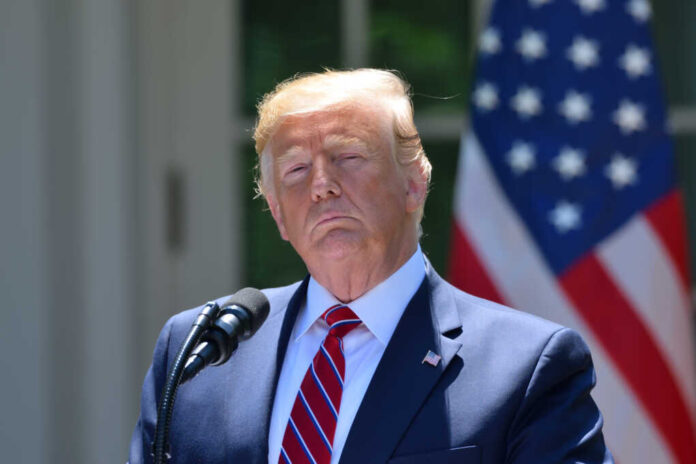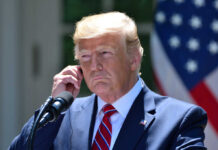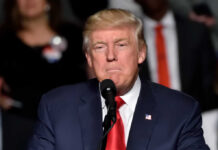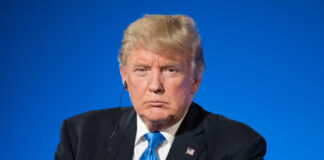
Former President Donald Trump filed a brief to the United States Supreme Court to back his claim that former presidents should have immunity from criminal prosecution for conduct that involve official acts while in office.
Trump Files SCOTUS Brief Claiming Former Presidents Immune To Prosecution For Acts While In Office https://t.co/lqXNBsf0Jm
— Daily Wire (@realDailyWire) March 19, 2024
The brief comes as he fights an early February ruling by the United States Court of Appeals for the District of Columbia Circuit that Trump is not covered under executive immunity in his election interference case from Washington, D.C.
But Trump, in his brief to the Supreme Court, made the case that no former or current president of the United States has faced criminal charges for his official acts from 1789 to 2023.
“The President cannot function, and the Presidency itself cannot retain its vital independence, if the President faces criminal prosecution for official acts once he leaves office,” the brief read, arguing that a president’s decision in office would be affected by his “personal vulnerability” to such prosecution, which would also leave him vulnerable to political attacks.
As the brief read, “A denial of criminal immunity would incapacitate every future President with de facto blackmail and extortion while in office, and condemn him to years of post-office trauma at the hands of political opponents. The threat of future prosecution and imprisonment would become a political cudgel to influence the most sensitive and controversial Presidential decisions, taking away the strength, authority, and decisiveness of the Presidency.”
The brief also pointed to the landmark case Marbury v. Madison, in which the Supreme Court ruled that official acts committed by a President “can never be examinable by the courts.”
“The Court should restore the tradition from Marbury to Fitzgerald—unbroken until last year— and neutralize one of the greatest threats to the President’s separate power, a bedrock of our Republic, in our Nation’s history. The Court should uphold the President’s immunity from criminal prosecution for official acts,” the brief requested.
In its February ruling, the appeals court wrote, “On August 1, 2023, in Washington, D.C., Trump was charged in a four-count indictment as a result of his actions challenging the election results and interfering with the sequence set forth in the Constitution for the transfer of power from one President to the next.”
“Former President Trump moved to dismiss the indictment and the district court denied his motion. Today, we affirm the denial. For the purpose of this criminal case, former President Trump has become citizen Trump, with all of the defenses of any other criminal defendant. But any executive immunity that may have protected him while he served as President no longer protects him against this prosecution,” the judges added.




























